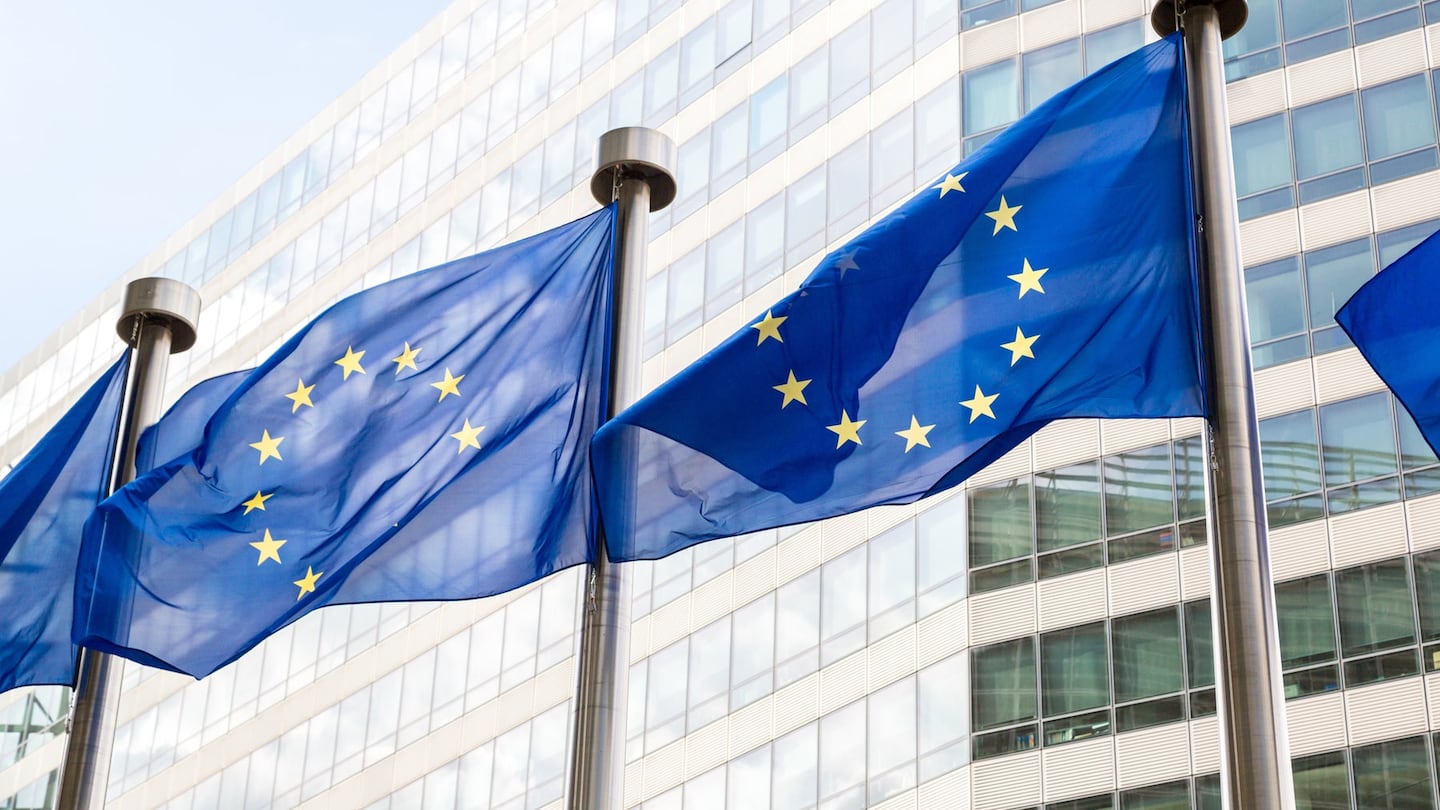
The Business of Fashion
Agenda-setting intelligence, analysis and advice for the global fashion community.

Agenda-setting intelligence, analysis and advice for the global fashion community.

European Union member states on Thursday reached a deal on rules that would force large companies to check whether their suppliers use slave or child labour, or pollute the environment, but with an optional exemption for financial services.
Known as corporate sustainability due diligence, the rules were proposed by the European Commission earlier this year and would be applied to around 13,000 large companies, requiring them not just to identify impacts but also take measures to mitigate or end them.
It is part of a package of EU “green deal” measures that includes separate sustainability disclosure requirements on companies as well as the financial sector, and on asset managers.
“This is a very fragile compromise but we believe we have managed to strike the right balance,” said Jozef Sikela, minister for industry and trade for the Czech Republic, which holds the EU presidency and chaired Thursday’s meeting of EU industry ministers.
ADVERTISEMENT
“This is the highest common denominator which makes everyone equally unhappy,” Sikela said. “I can conclude we have reached a general approach on this directive. The council proved its determination on such a landmark piece of legislation.”
Following efforts by France and other countries, the compromise allows EU states to exclude financial services companies within their national borders.
France said it had already pioneered rules in 2017 requiring companies to respect human rights and the environment, including at suppliers.
World Benchmarking Alliance, which campaigns for sustainable business, said the deal confirmed that finance could in principle be made legally responsible for managing human rights and environmental risks, a move which some EU states had argued was not suited to the sector.
“EU member states have gutted plans to stop companies from fuelling human rights abuses and environmental destruction,” said Aurelie Skrobik, corporate accountability campaigner at Global Witness.
The member state compromise introduces a phase-in period, first applying to companies with more than 1,000 staff and 300 million euros in net global turnover.
The European Parliament has joint say on the rules and its legal affairs committee is not expected to vote on the proposals until March.
Both sides will then sit down to hammer out a final deal that becomes law, coming into force within three years, with financial services likely to be the focus in tough negotiations.
ADVERTISEMENT
By Huw Jones; Editors: Bernadette Baum and Mark Potter
Learn more:
Can Fashion Stop Greenwashing?
Big brands are changing the way they talk about sustainability following a regulatory crackdown in Europe. But exactly how companies should be required to substantiate their eco-marketing claims remains hotly debated.
Europe’s Parliament has signed off rules that will make brands more accountable for what happens in their supply chains, ban products made with forced labour and set new environmental standards for the design and disposal of products.
Fashion’s biggest sustainable cotton certifier said it found no evidence of non-compliance at farms covered by its standard, but acknowledged weaknesses in its monitoring approach.
As they move to protect their intellectual property, big brands are coming into conflict with a growing class of up-and-coming designers working with refashioned designer gear.
The industry needs to ditch its reliance on fossil-fuel-based materials like polyester in order to meet climate targets, according to a new report from Textile Exchange.